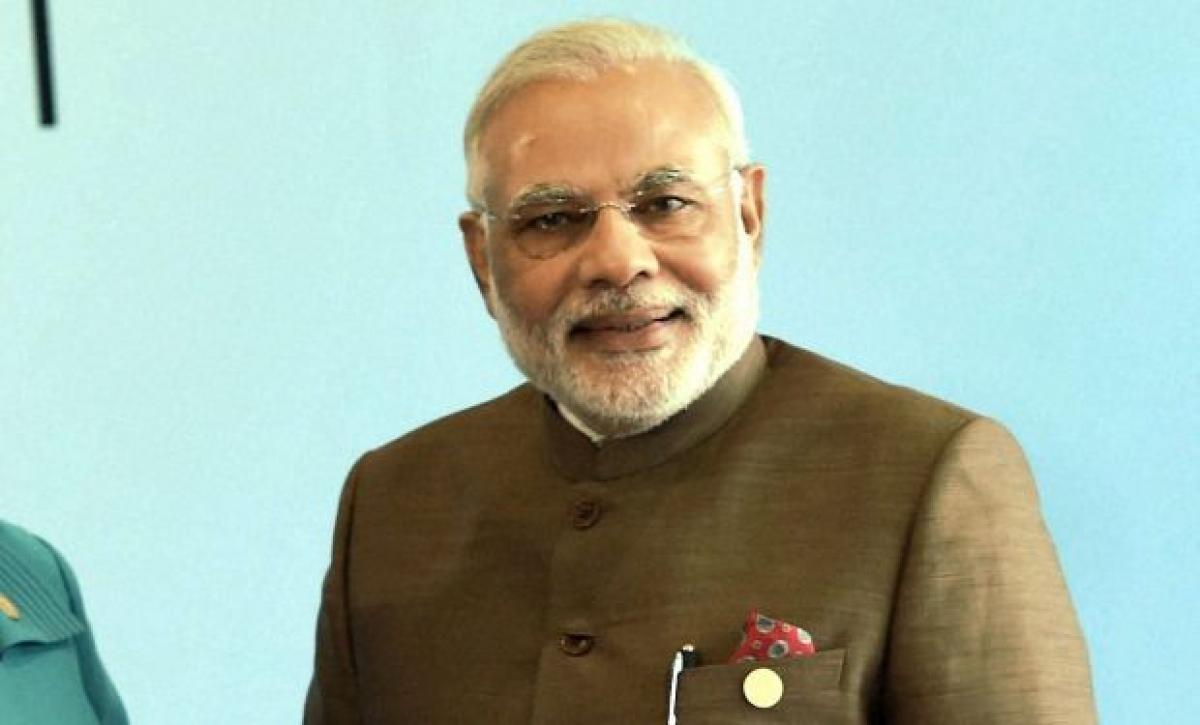Live
- Fresh Case Filed Against Mohan Babu, Sons for Assault on Journalist in Pahadishareef
- Committed to providing every facility to devotees at Maha Kumbh, says PM Modi
- Cold wave hits Manyam district, residents struggle with low temperature
- Naidu striving to solve land disputes in State says MLA Kandikunta
- District administration is prepared to tackle rain situation says Joint Collector Shubham Bansal
- 2 held, 10 red sanders logs seized
- TTD closes Akasaganga, Papavinasam roads
- High costs, limited results: Drone mist-spraying pilot project faces setback
- Poster war on as parties compete for voter attention
- Many dams, tanks filled as rains batter Tirupati dist









